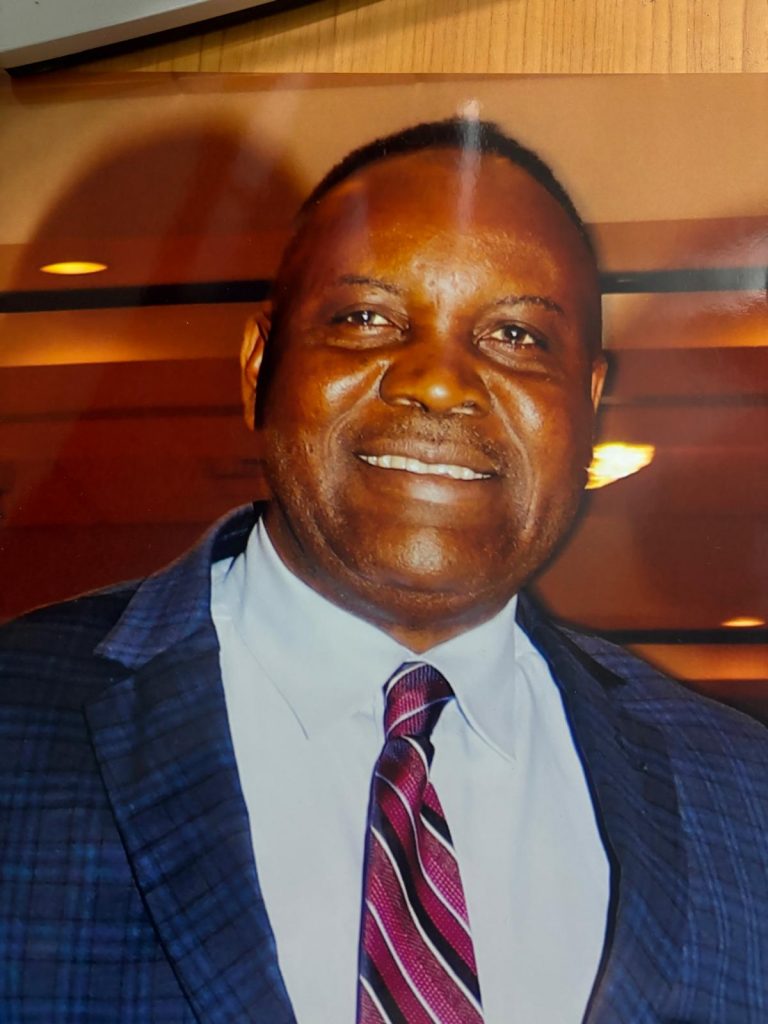John Idamkue, a former United Nations delegate for the Movement for the Survival of Ogoni People (MOSOP) and ex-aide to the late environmental activist Ken Saro-Wiwa, has called on President Bola Tinubu to address the long-standing grievances of the Ogoni people in Rivers State.

Speaking in Port Harcourt, Idamkue lamented that successive Nigerian governments have neglected the Ogoni ethnic group and failed to resolve the environmental and human rights issues championed by Saro-Wiwa.
He appealed to the President to “wipe the tears of the Ogoni people and end the bloodshed in the Niger Delta.” He stressed that the Ogoni Dialogue Committee’s confidence-building measures should begin with tangible mitigation for victims of past military repression.
“President Tinubu should correct the injustices suffered by our people,” Idamkue said. “This includes psychological evaluation and counselling for victims, reconstruction of destroyed homes and villages, compensation for lost livelihoods, and environmental remediation of polluted areas.”

Idamkue recalled that, in addition to the killings of the Ogoni 4 and Ogoni 9, over 4,000 Ogoni people lost their lives during the struggle for environmental justice, with no one held accountable for these atrocities.
He added: “After the hanging of the Ogoni 9, Col. Dauda Komo deployed troops and the Internal Security Task Force, who terrorized our communities, committed acts of rape, and engaged in inhumane treatment. The perpetrators have never been brought to justice.”
Highlighting the broader impact of the Ogoni struggle, Idamkue said it fueled Nigeria’s pro-democracy movement against the dictatorship of the late General Sani Abacha. He credited the Ogoni people with influencing policy initiatives such as the Niger Delta Development Commission (NDDC), the Hydrocarbon Pollution Remediation Project (HYPREP), the increase of oil derivation from 3% to 13%, the UNEP report, and the Petroleum Industry Act 2021.

“We will not forget the suffering, environmental destruction, and human rights violations inflicted upon the Ogoni people by successive governments and transnational oil companies,” he emphasized, citing documentation from the UN, Justice Oputa Panel, UNEP, Human Rights Watch, Amnesty International, and other organizations.
Idamkue’s statement underscores ongoing calls for justice, reparations, and environmental restoration for the Ogoni community in the Niger Delta.



